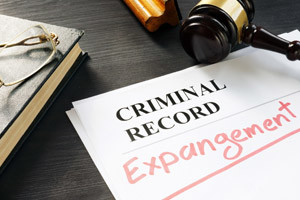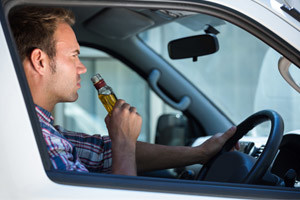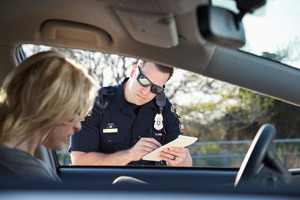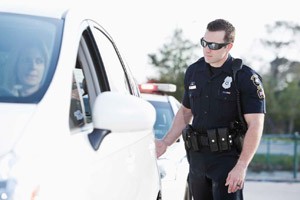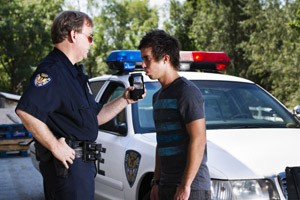Every week, local and national newspapers are full of headlines about people getting arrested for drunk driving, drugged driving, and driving while high. And if there is one common theme about who lands in the news, it’s that anybody can be arrested and land in the news for DUI and DWI – from politicians to police officers to celebrities and professional athletes – no one is too important to be arrested for intoxicated driving. No one is above the law.
Police Officers Are Under Strict Observation
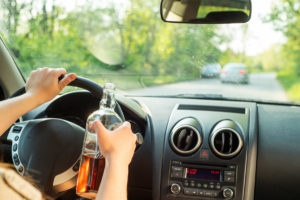 Years ago, police officers may have been more willing to let a driver off with a warning if he or she were pulled over for drunk driving – especially if nobody got hurt. Now, as a result of the modern requirement that police officers and law enforcement film all encounters with civilians, police officers are under strict observation. Anyone who is pulled over that shows any sign of intoxication will likely be arrested.
Years ago, police officers may have been more willing to let a driver off with a warning if he or she were pulled over for drunk driving – especially if nobody got hurt. Now, as a result of the modern requirement that police officers and law enforcement film all encounters with civilians, police officers are under strict observation. Anyone who is pulled over that shows any sign of intoxication will likely be arrested.
Even if a police officer does not know for certain if you are drunk, he or she will most likely err on the side of caution and bring you into the station for a breathalyzer test. In order to arrest a driver, a police officer does not need to know that you are drunk with 100% certainty. Rather, he or she need only have probable cause to believe that you were driving drunk.
Once you are brought into the station, the breath test will be the best evidence to confirm whether or not you are guilty of drunk driving. As we often remind our readers here on the Edward M. Janzekovich law blog, it is illegal to refuse to take a breath test in New Jersey. Refusing to submit to a breath test is a quasi-crime just like DUI and DWI, and carries the same or harsher penalties.
Recent NY Politician Arrested for DUI
The recent arrest of New York State Assembly minority leader, Brian Kolb (R), on New Year’s Eve is the perfect example of how nobody is above the law.
Ironically, Senator Kolb had recently written an article warning readers not to drink and drive during the holiday season, specifically recognizing the National Drunk and Drugged Driving Prevention Month, which we previously highlighted on the Edward M. Janzekovich law blog.
Senator Kolb was subsequently involved in a one-vehicle accident with no injuries, and he was subsequently arrested by Ontario County Sheriff’s Office. A breathalyzer test revealed that his blood alcohol concentration was above the legal limit of .08% – the same legal level as in New Jersey. Senator Kolb then issued an official policy to his friends, family and constituents.
New Jersey Police Officers Arrested for DUI and DWI
Recent headlines have also demonstrated that New Jersey sheriff’s officers, police officers, and other law enforcement officers are in the same boat. Even if you work in an official capacity for the government, it is unlikely that you will be given any special treatment or leeway when pulled over. Many times, an arresting officer will be even more strict in enforcing the rules against a fellow officer, so that there will be no appearance of impropriety, unfair treatment, or official misconduct.
Unfortunately, when you work in an official capacity, the statutory penalties for DUI or DWI may be the least of your worries. Your career may also be severely affected by a loss of license or by rules that prohibit employees from receiving any such convictions.
Here, at the Edward M. Janzekovich law blog, we understand how devastating a DUI or DWI can be for anybody. That’s why we believe everybody is entitled to effective representation from an experienced drunk driving defense lawyer.
New Jersey DUI and DWI Attorney Edward M. Janzekovich Can Help If You’ve Been Charged
If you work in the kind of job where getting a DUI or DWI could get you fired, you know how important getting the right lawyer can be. It’s important to get an attorney who is willing to fight for you. To speak with an experienced New Jersey DWI lawyer about your situation, call us at 732-257-1137 or contact us online today. We serve clients throughout the state of New Jersey.



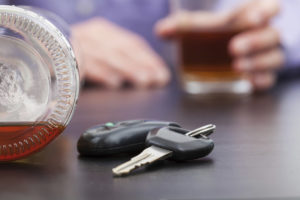 Headlines continue to pour in from all over the country with stories of drivers arrested for drugged driving after police officers find “drugs” in the vehicle – except it later turns out that the “drugs” were not really drugs at all and were misidentified by the drug tests used by officers in the field. Now research has backed up these stories, and it turns out many common items – from powdered sugar to baby formula to spearmint – can confuse the common drug tests used by many police departments in New Jersey and across the country.
Headlines continue to pour in from all over the country with stories of drivers arrested for drugged driving after police officers find “drugs” in the vehicle – except it later turns out that the “drugs” were not really drugs at all and were misidentified by the drug tests used by officers in the field. Now research has backed up these stories, and it turns out many common items – from powdered sugar to baby formula to spearmint – can confuse the common drug tests used by many police departments in New Jersey and across the country.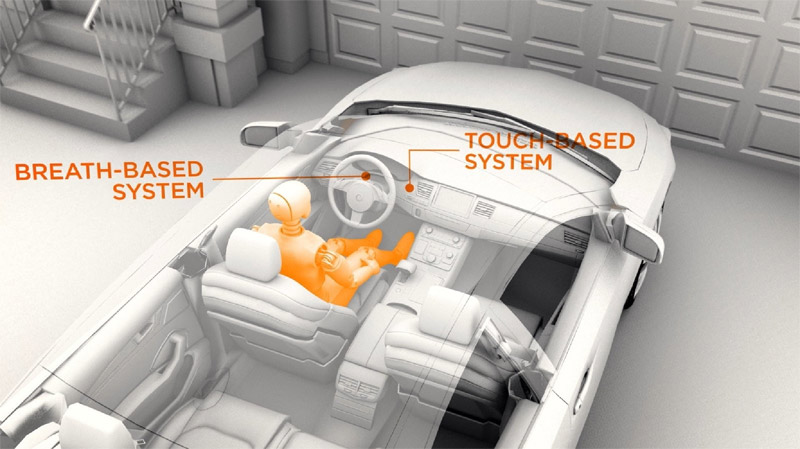 The breath-based system would pull the driver’s exhaled breath into a vent sensor on or near the steering wheel or driver’s side door. The driver would be able to breath normally and would not need to take any additional steps. The system would also be able to target only the driver’s breath, ensuring that the breath of other passengers are not captured. If an illegal blood-alcohol content (above the legal limit of .08%) is detected, the car would be rendered inoperable.
The breath-based system would pull the driver’s exhaled breath into a vent sensor on or near the steering wheel or driver’s side door. The driver would be able to breath normally and would not need to take any additional steps. The system would also be able to target only the driver’s breath, ensuring that the breath of other passengers are not captured. If an illegal blood-alcohol content (above the legal limit of .08%) is detected, the car would be rendered inoperable.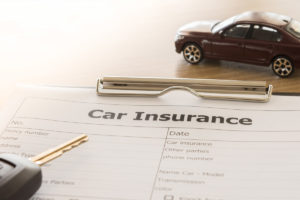 Here on the Edward M. Janzekovich law blog, we regularly discuss what can happen to you if you are convicted of drunk driving, drugged driving, or driving while high. Most people are aware that consequences include jail time, loss of driving privileges, and excessive fines. However, this does not even begin to approximate the real cost of a DUI. One thing many people forget is that a conviction will also result in increased car insurance premiums.
Here on the Edward M. Janzekovich law blog, we regularly discuss what can happen to you if you are convicted of drunk driving, drugged driving, or driving while high. Most people are aware that consequences include jail time, loss of driving privileges, and excessive fines. However, this does not even begin to approximate the real cost of a DUI. One thing many people forget is that a conviction will also result in increased car insurance premiums.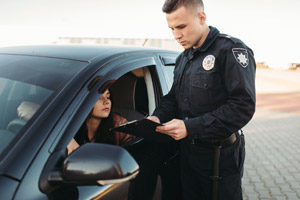 You’ve been stopped by police in New Jersey and issued a ticket. Maybe you were speeding or failed to come to a complete stop. Maybe you made an illegal turn. If you’re like most people, you may feel like you have no recourse other than to show up and pay your fine. To the contrary, there can be a number of good reasons to fight the ticket.
You’ve been stopped by police in New Jersey and issued a ticket. Maybe you were speeding or failed to come to a complete stop. Maybe you made an illegal turn. If you’re like most people, you may feel like you have no recourse other than to show up and pay your fine. To the contrary, there can be a number of good reasons to fight the ticket.